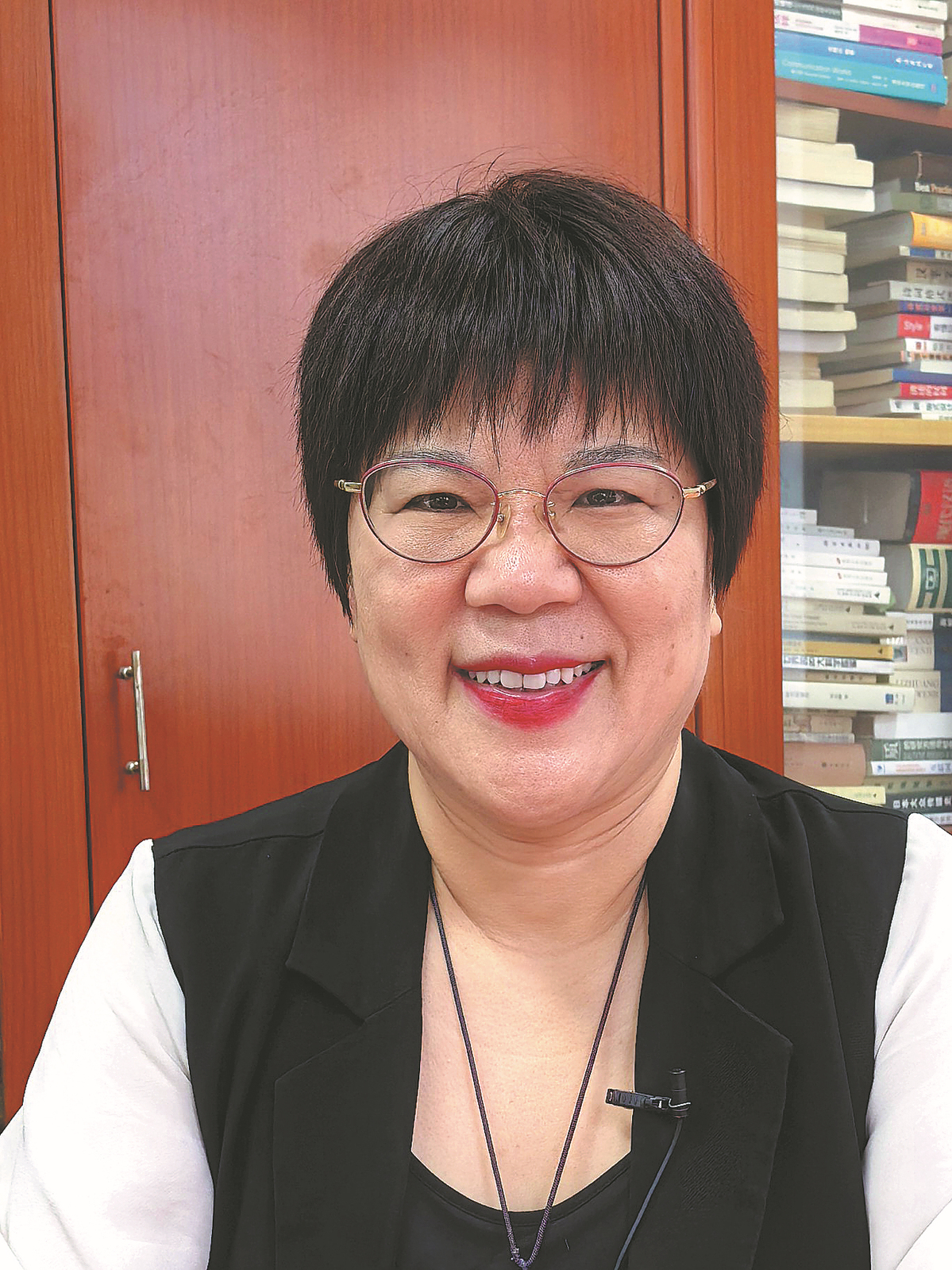Rural revitalization vital for cooperation: Scholar
By SHAO XINYING | China Daily Global | Updated: 2024-09-13 09:57

Rural revitalization and mutual learning are key to advancing African development, with both China and Africa standing to benefit from each other's experiences, a communication and development academic said.
The 2024 Summit of the Forum on China-Africa Cooperation, which concluded last week, "set the grand plan" for China and Africa to work together, Zhao Yuezhi, humanities chair professor at Tsinghua University, told China Daily.
The 10 partnership actions laid out in President Xi Jinping's keynote speech at the opening ceremony of the summit are "comprehensive, interconnected, and above all, concrete", Zhao said.
They cover a wide range of Sino-African cooperation, including agricultural and livelihood development, which are "exactly the focal point" of the Harare Forum for Africa, held for the first time in July in Zimbabwe's capital, said Zhao, who serves as the forum's chair.
"I was overwhelmed by the success of the forum, which is the culmination of a long process," she said.
"It was a dream come true. Zimbabwe has been a country of my fascination since I was 15, when I heard over the national radio (in 1980) the independence of yet another African country.
"I believe that piece of news, in a way, forged my imagination about the Global South."
'Mutual learning'
She attributes the forum's success to being held "in the spirit of mutual learning of civilization" and cross-sectoral cooperation, with support from field study academics and agricultural experts.
Tungamirai Eric Mupona, one of the Zimbabwean scholars who addressed the forum, shared his personal experience conducting field studies in Jinyun county, East China's Zhejiang province, and how he found it relevant to Zimbabwe's context. Mupona said he looks forward to sharing China's experience of rural development with his fellow countrymen, according to Zhao.
Zhao also highlighted how Achieford Mhondera, a scholar at the University of Zimbabwe, learned the "Two Mountains Theory" in Jinyun and connected it to Zimbabwe's development plan. The theory was first put forward in 2005, calling lucid waters and lush mountains invaluable assets comparable to the gold and silver of legend.
Mhondera wrote in a report on the reflections from the forum: "My presentation explores the feasibility of integrating ecological considerations into Zimbabwe's economic development strategies, drawing inspiration from China's 'Two Mountains Theory' and the broader ecological civilization discourse."
The theory, "emphasizes the need to treat the 'mountains' of ecology and economy as interconnected rather than competing priorities", Mhondera wrote.
Zhao, who is also the founder and executive director of the Heyang Institute for Rural Studies, established the institute 10 years ago to explore the future of rural communities, meaningful living and rural-based communication empowerment. Heyang, a village in Jinyun county that represents traditional Chinese agrarian civilization, serves as the institute's namesake.
"I decided to zoom in to my home county as a basis to tell the China story, especially … through the rural story, because traditional Chinese civilization is rural-based," Zhao said.
The professor said she plans to organize more events to further foster mutual learning between China and Africa, such as inviting agricultural experts to offer expertise on how to store food in dry conditions, such as extracting starch from sweet potatoes, which particularly caters to the situation in Africa.
Throughout her academic career, she has observed the underdevelopment of some African countries, which have been historically exploited by Western colonizers.
"I've always been concerned about uneven global order and the importance of Global South countries to rise up to build a more fair, just, and equal international order," Zhao said.
Zhao emphasized that the concept of the Global South transcends geography, representing the common aspirations of people opposed to colonization and hegemony.
"In this context, China-Africa collaboration is going to be not only a pillar, but to serve as an exemplar for the rest of the Global South, or for the North-South collaboration," she said.
























